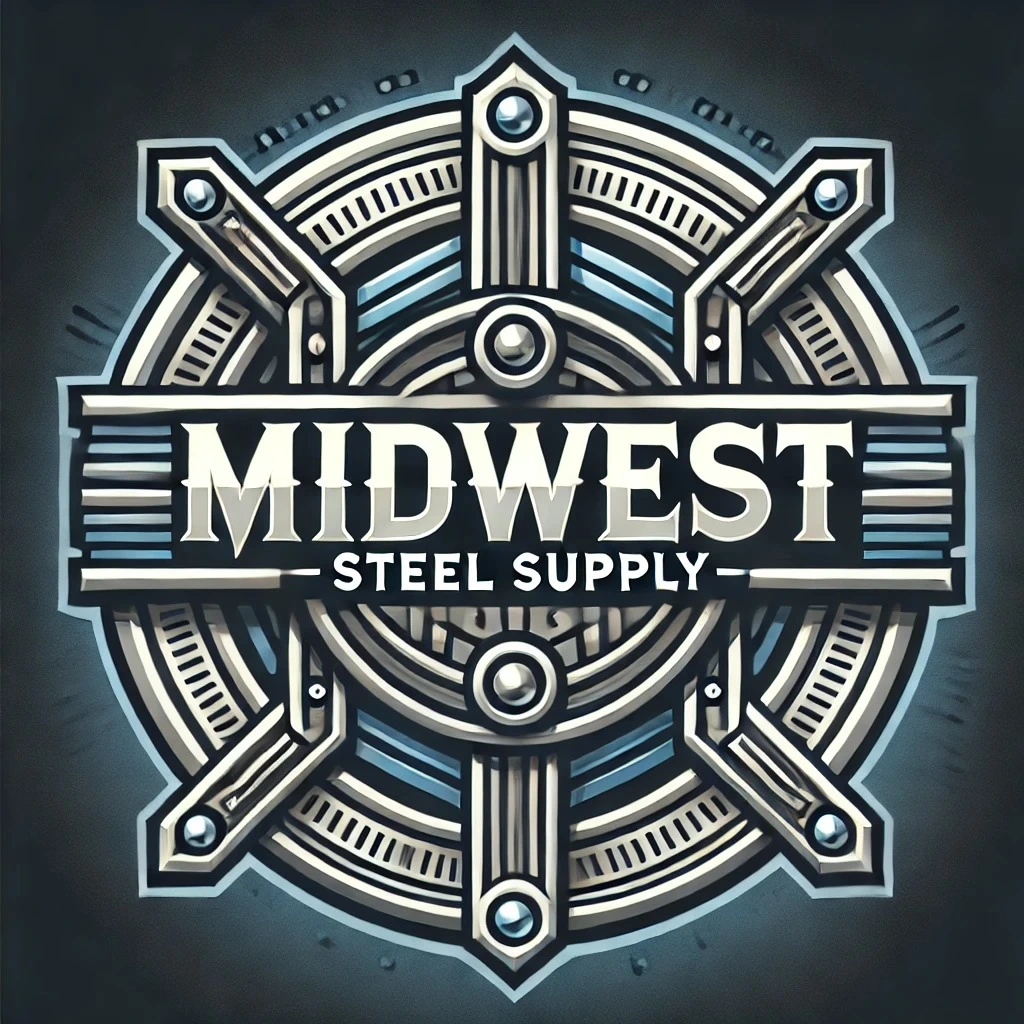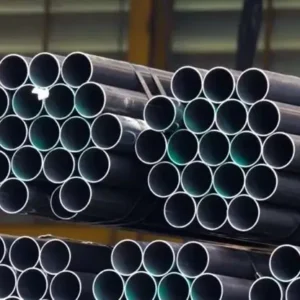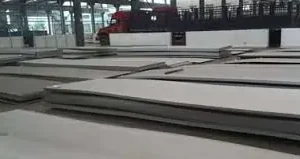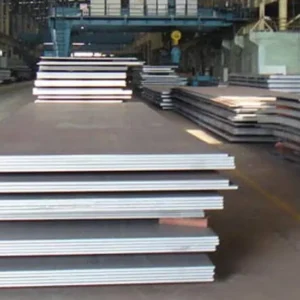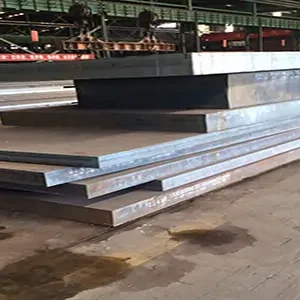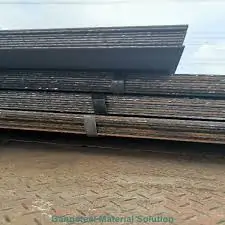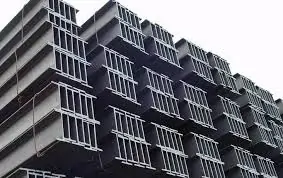Steel Pipes and Metal Piping Solutions for Every Application
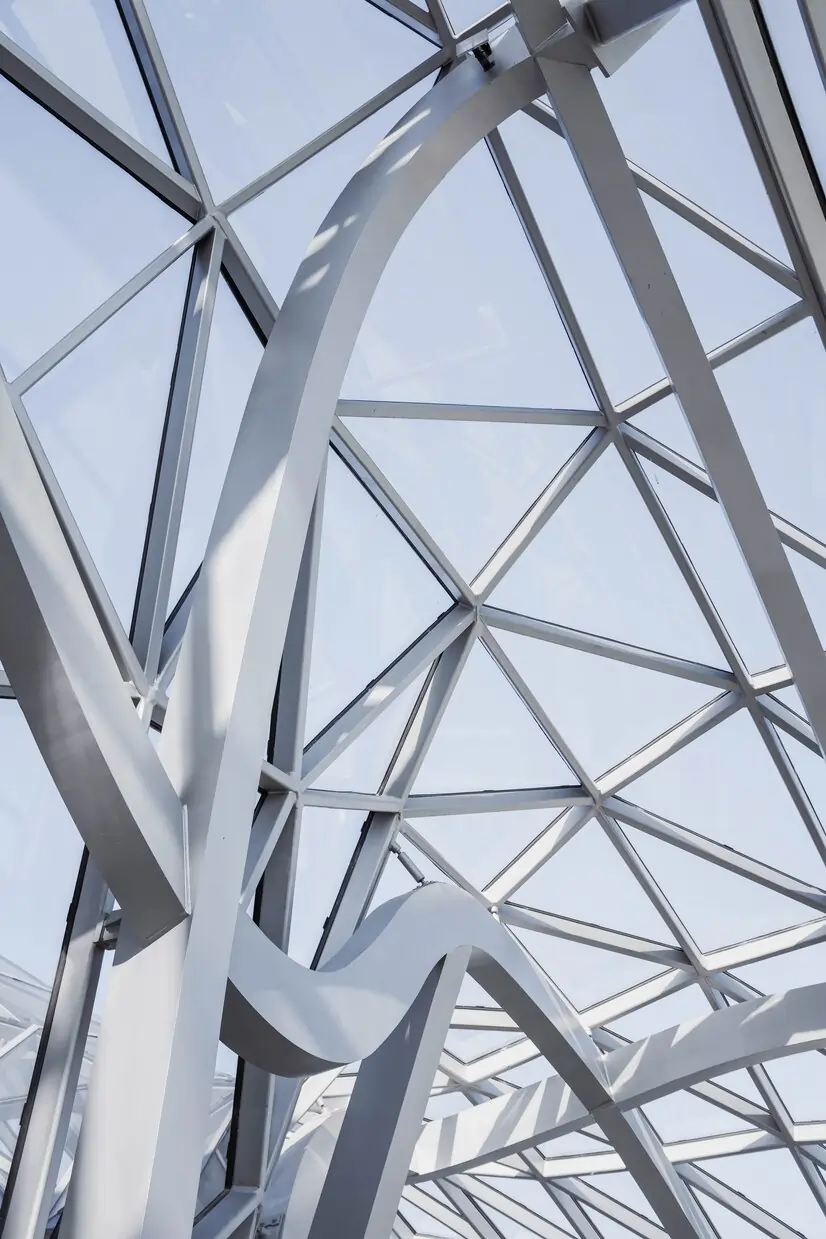
Steel pipes are essential components in numerous industries, providing durability, strength, and versatility for a wide range of applications. From construction and manufacturing to oil and gas transportation, steel piping solutions offer reliability and efficiency. In this article, we will explore the various types of steel pipes, their applications, and how to choose the right piping solution for your needs.
Types of Steel Pipes
Steel pipes come in different types, each designed for specific applications. The most common types include:
1. Seamless Steel Pipes
Seamless steel pipes are manufactured without a welded seam, making them stronger and more resistant to pressure and corrosion. They are widely used in high-pressure applications such as oil and gas pipelines, boilers, and automotive industries.
2. Welded Steel Pipes
Welded steel pipes are created by rolling a flat piece of steel and welding the edges together. These pipes are more affordable than seamless pipes and are commonly used in construction, water distribution, and structural applications. Learn more about our welded steel pipes.
3. Stainless Steel Pipes
Stainless steel pipes offer excellent corrosion resistance, making them ideal for food processing, medical equipment, and chemical industries. They are available in various grades, such as 304 and 316, each suited for different levels of exposure to harsh environments.
4. Galvanized Steel Pipes
Galvanized steel pipes are coated with a layer of zinc to prevent rust and corrosion. These pipes are used in plumbing, water supply systems, and outdoor applications where exposure to moisture is high.
5. Carbon Steel Pipes
Carbon steel pipes are known for their strength and durability, making them suitable for transporting gases, steam, and fluids. They are commonly used in the energy sector, infrastructure projects, and heavy-duty industrial applications.
Applications of Steel Pipes
Steel pipes play a crucial role in various industries, including:
1. Construction and Infrastructure
Steel pipes are used for structural support in buildings, bridges, and highways. They provide a strong framework that can withstand heavy loads and environmental stress.
2. Oil and Gas Industry
Pipelines made of steel transport crude oil, natural gas, and refined petroleum products over long distances. Their durability ensures safety and efficiency in energy transportation.
3. Water Supply and Plumbing
Steel pipes are widely used in municipal water distribution systems, ensuring a reliable supply of clean water. They are also used in drainage and sewage systems due to their resistance to corrosion and pressure.
4. Automotive and Aerospace
Steel tubing is essential in automotive and aerospace manufacturing, where precision and strength are required. It is used in exhaust systems, hydraulic lines, and fuel transport.
5. Industrial Manufacturing
Factories and industrial facilities use steel piping for fluid and gas transportation, ventilation, and machinery components. Its high strength and longevity make it a preferred choice for heavy-duty applications.
Choosing the Right Steel Pipe
Selecting the right steel pipe for your project depends on several factors:
1. Application Requirements
Determine whether the pipe will be used for high-pressure systems, structural support, or corrosion-resistant applications.
2. Material and Coating
Choose the appropriate steel grade and coating based on exposure to moisture, chemicals, or extreme temperatures.
3. Size and Thickness
Ensure the pipe meets the required diameter and wall thickness for optimal performance and safety.
4. Compliance with Standards
Check for compliance with industry standards such as ASTM, API, and ISO to ensure quality and reliability.
Conclusion
Steel pipes and metal piping solutions are indispensable across multiple industries, providing durability, versatility, and efficiency. Whether for construction, energy, or industrial applications, choosing the right type of steel pipe ensures longevity and optimal performance. By understanding the different types, applications, and selection criteria, you can make informed decisions that meet your project’s needs. If you’re looking for high-quality steel pipes, explore our product selection or contact us for expert guidance and reliable solutions.
